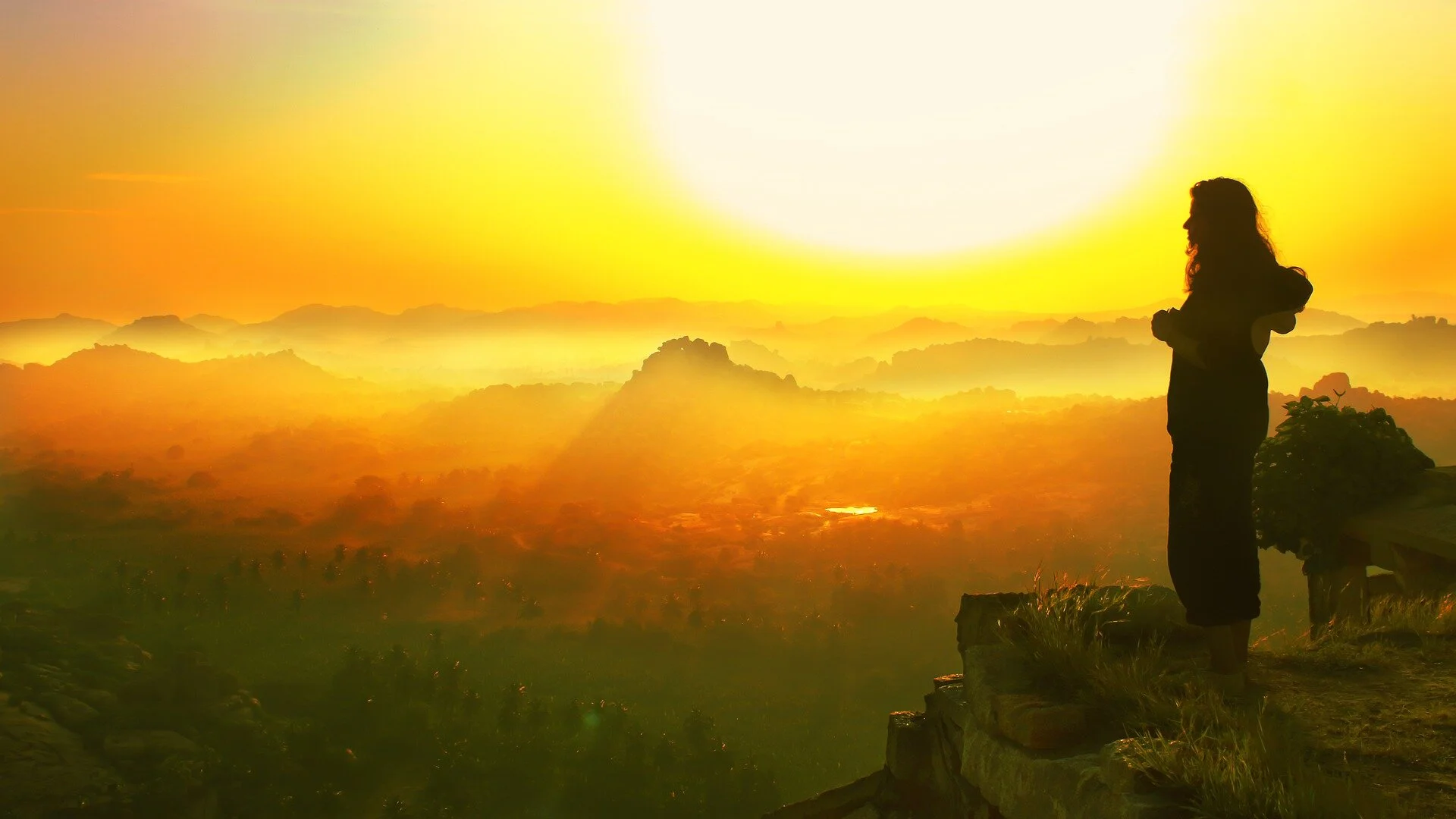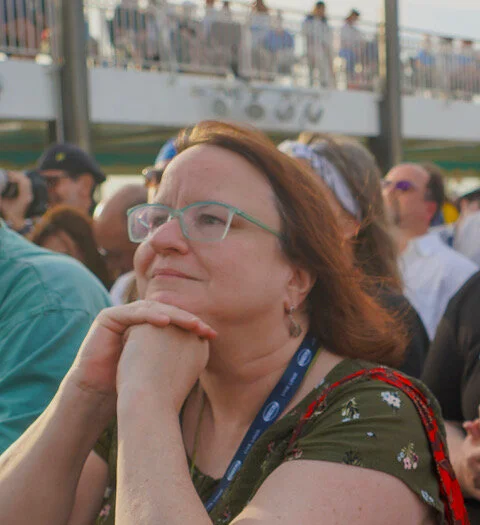A teach-in aimed to help DC-based activists connect with the Palestinian struggle
“I didn't see any Native theatre, but I saw Native people made fun of. And so what that does to your consciousness? There's just so much work that has to be done to remove that, before you can go forward, and celebrate, and have joy.”
“I could go to Shakespeare rehearsal [as a kid],” Sayet told me, “but I couldn't go to Mohegan language class. There was no opportunity for me to learn my language, because it was something that society has said should be destroyed.”
“As a woman/poet of color, I have always written about social issues, primarily social justice/injustice issues. There remains much about the COVID-19 pandemic and other crises that is directly related to inequity in this country. My poems continue to reflect the various realities that impact Black and Brown people disproportionately.”
I think this has driven me to read even more and to enjoy poetry the most of all. I can still listen to poets read their words and feel tethered to the world in a way that makes me feel there is hope.
The City of Good Death opens with the discovery of a mysterious body by two boatmen on the Ganges river, in the holy Indian city of Kashi, where everyone knows three basic facts: dying in the holy city promises freedom from rebirth …
“It’s easy to fall into despair, especially during a pandemic. Hope holds power. Hope reaches into the very pores of our being.”
“For those of us who are naturally inclined toward making art, we’re made ever more aware of what a powerful elixir it is [during the pandemic].”
A teach-in aimed to help DC-based activists connect with the Palestinian struggle
“I didn't see any Native theatre, but I saw Native people made fun of. And so what that does to your consciousness? There's just so much work that has to be done to remove that, before you can go forward, and celebrate, and have joy.”
“I could go to Shakespeare rehearsal [as a kid],” Sayet told me, “but I couldn't go to Mohegan language class. There was no opportunity for me to learn my language, because it was something that society has said should be destroyed.”
“As a woman/poet of color, I have always written about social issues, primarily social justice/injustice issues. There remains much about the COVID-19 pandemic and other crises that is directly related to inequity in this country. My poems continue to reflect the various realities that impact Black and Brown people disproportionately.”
I think this has driven me to read even more and to enjoy poetry the most of all. I can still listen to poets read their words and feel tethered to the world in a way that makes me feel there is hope.
The City of Good Death opens with the discovery of a mysterious body by two boatmen on the Ganges river, in the holy Indian city of Kashi, where everyone knows three basic facts: dying in the holy city promises freedom from rebirth …
“It’s easy to fall into despair, especially during a pandemic. Hope holds power. Hope reaches into the very pores of our being.”
“For those of us who are naturally inclined toward making art, we’re made ever more aware of what a powerful elixir it is [during the pandemic].”










